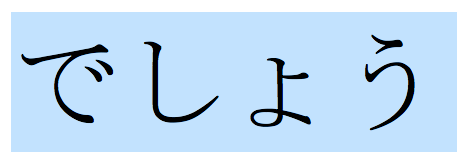Different ways to express “Again” in Japanese
In this post I’d like to go over a few days to express the idea of “again” in Japanese language, keeping in mind the particular nuance of each. 1) “また” is a simple way to say “again”, and is pretty well known by even beginning Japanese learners due to some common expressions it is used… Read More »




